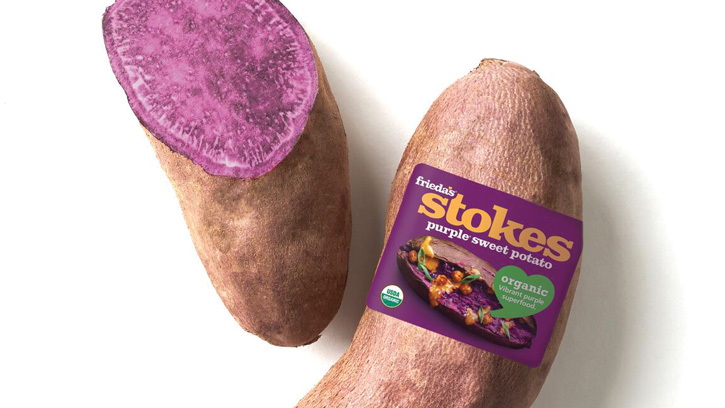Shoppers Seek a Farm Connection
Consumers | MARKET TRENDS
More and more these days, consumers’ thoughts are turning to the farm as they walk the supermarket aisles. Three-quarters of consumers look for foods and beverages that are locally produced—up 5% since 2019, according to the Hartman Group’s 2021 Health + Wellness survey. Two-thirds want products that are produced without the use of antibiotics (+6% since 2019), and the same percentage seek hormone-free products (+3%).
Hartman says that about half of adults are interested in grass-fed animal products, an increase of 8% since 2019. Sales of organic, antibiotic-free/hormone-free, and grass-fed meat and poultry accounted for 11.4% of all meat sales, up 18.1% to $9.3 billion in 2020, according to the 2021 Power of Meat report from FMI—The Food Industry Association.
Consumers are increasingly concerned with animal welfare issues. Sales of foods touting humane treatment of animals grew by 21% for the year ended Dec. 27, 2020, per IRI. Cage-free egg sales jumped 15% for the year ended July 17, 2021, IRI reports.
Products with origin claims (e.g., “made in the USA,” “artisanal,” “local,” “handmade,” or “craft”) posted the highest dollar sales growth among foods/beverages carrying a benefit descriptor for the year ended Dec. 27, 2020, up 18%, according to IRI.
Organic food sales reached an all-time high of $56.5 billion in the United States in 2020, according to the Organic Trade Association. One-third of those who buy organic products do so to avoid GMOs.
Sales of foods positioned as non-GMO grew 12% for the year ended Dec. 27, 2020, per IRI. Knowing whether a food/ingredient is bioengineered is important to four in 10 consumers, according to the International Food Information Council’s 2021 Food & Health survey.
Well-Bred Options
New varietals and hybrids, as well as exotic produce, grains, and seeds, continue to grab consumer attention. Sales of specialty fruits rose 22% between January and September of 2021, according to IRI. Yuzu, star fruit, passion fruit, red guava, lychee, rambutan, blood oranges, and dragon fruit are growing in popularity.
Nearly four in 10 consumers want to try Del Monte’s Pinkglow “pink” pineapple, 33% want to try Cotton Candy grapes, and 30% are interested in Blue Java bananas, according to Datassential. Stokes purple sweet potatoes from Frieda’s Specialty Produce are poised to add excitement to holiday meals. Ube is trending in desserts and tea.
“Grains that give back” by supporting soil health and environmental sustainability, such as the perennial grain Kernza, are among the top 10 trends for 2022 identified by Whole Foods Market trend watchers.
According to data from the Oldways Whole Grain Council, quinoa, millet, sorghum, amaranth, and teff are the ancient grains increasingly being included in packaged foods. Durum, teff, quinoa, and bulgur are gaining traction on menus, per Datassential.
The Technology Trifecta
For many consumers, an interest in healthful, natural products doesn’t preclude acceptance of agricultural technologies that are perceived to deliver better taste, nutrition, and a sustainable advantage.
Today, more seafood consumers prefer farm-raised seafood than in 2019 (29% versus 19%), according to FMI’s 2021 Power of Seafood report. Less exposure to pollutants, a higher omega-3 content, and control over how the fish were raised are among the factors driving growth.
“Ultra-urban indoor farming” is Whole Food Market’s top food trend for 2022. One in five consumers now prefer hydroponically grown produce, and one-third of Gen Z shoppers want more of it, according to FMI data.




